भविष्य में कौन से कौशल (skills) सबसे ज्यादा मांग में रहेंगे?
A nested class is a member of its enclosing class. It establishes a structural relationship where one class is entirely contained within the declaration of another. This allows the nested class to be closely associated with the functionality of the outer class and can even grant it special access prRead more
A nested class is a member of its enclosing class. It establishes a structural relationship where one class is entirely contained within the declaration of another. This allows the nested class to be closely associated with the functionality of the outer class and can even grant it special access privileges (especially inner classes) to the outer class’s private members.
See less
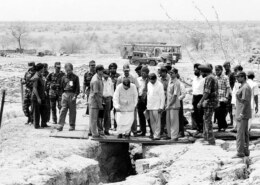

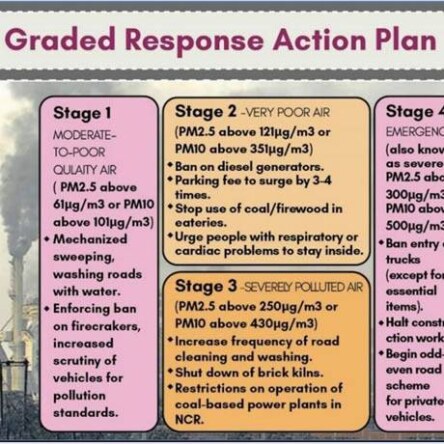
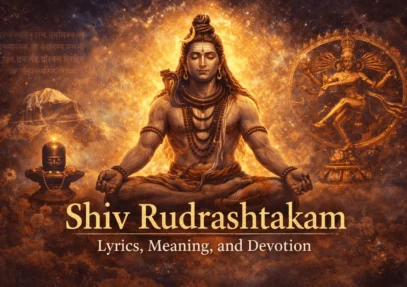
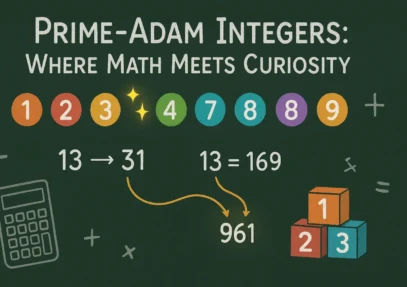


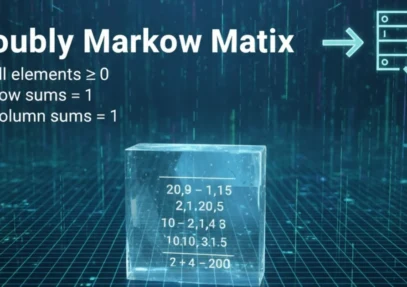

Skills to Succeed in a Tech-Driven Future The rapid growth of industries and the advancement of technology will make certain skills highly sought after. Some of the most important skills to develop are: AI and Machine Learning: With automation becoming more prevalent, AI and ML experts will be in hiRead more
Skills to Succeed in a Tech-Driven Future
The rapid growth of industries and the advancement of technology will make certain skills highly sought after. Some of the most important skills to develop are:
AI and Machine Learning: With automation becoming more prevalent, AI and ML experts will be in high demand to develop smarter systems and optimize business operations.
Data Science and Big Data Analytics: Professionals who can analyze and interpret data will be essential as businesses continue to harness data to make strategic decisions.
Cybersecurity Skills: The increasing threat of cyber-attacks makes cybersecurity a vital skill. Experts will be needed to secure sensitive information and networks.
Blockchain Expertise: Blockchain technology, which provides secure and transparent transactions, will continue to be in demand, especially in finance and supply chain industries.
Cloud Computing and Infrastructure Management: As businesses move to cloud-based systems, cloud architects and engineers will be required to build and maintain these platforms.
Software Development: Software developers who are proficient in multiple programming languages will continue to be essential in creating and maintaining software applications.
Industrial Automation and Robotics: Professionals skilled in robotics and automation will be needed as manufacturing processes become more streamlined and efficient.
Creative Digital Skills: As businesses shift to digital platforms, the need for creative digital skills in marketing, video production, and content creation will grow.
Management and Leadership: Strong leadership skills will be essential for managing diverse, remote teams and navigating complex business environments.
Emotional Intelligence: Professionals who can build and maintain positive relationships will be invaluable in a workplace where teamwork and collaboration are key to success.
Mastering these skills will ensure career growth in the evolving job market.
See less